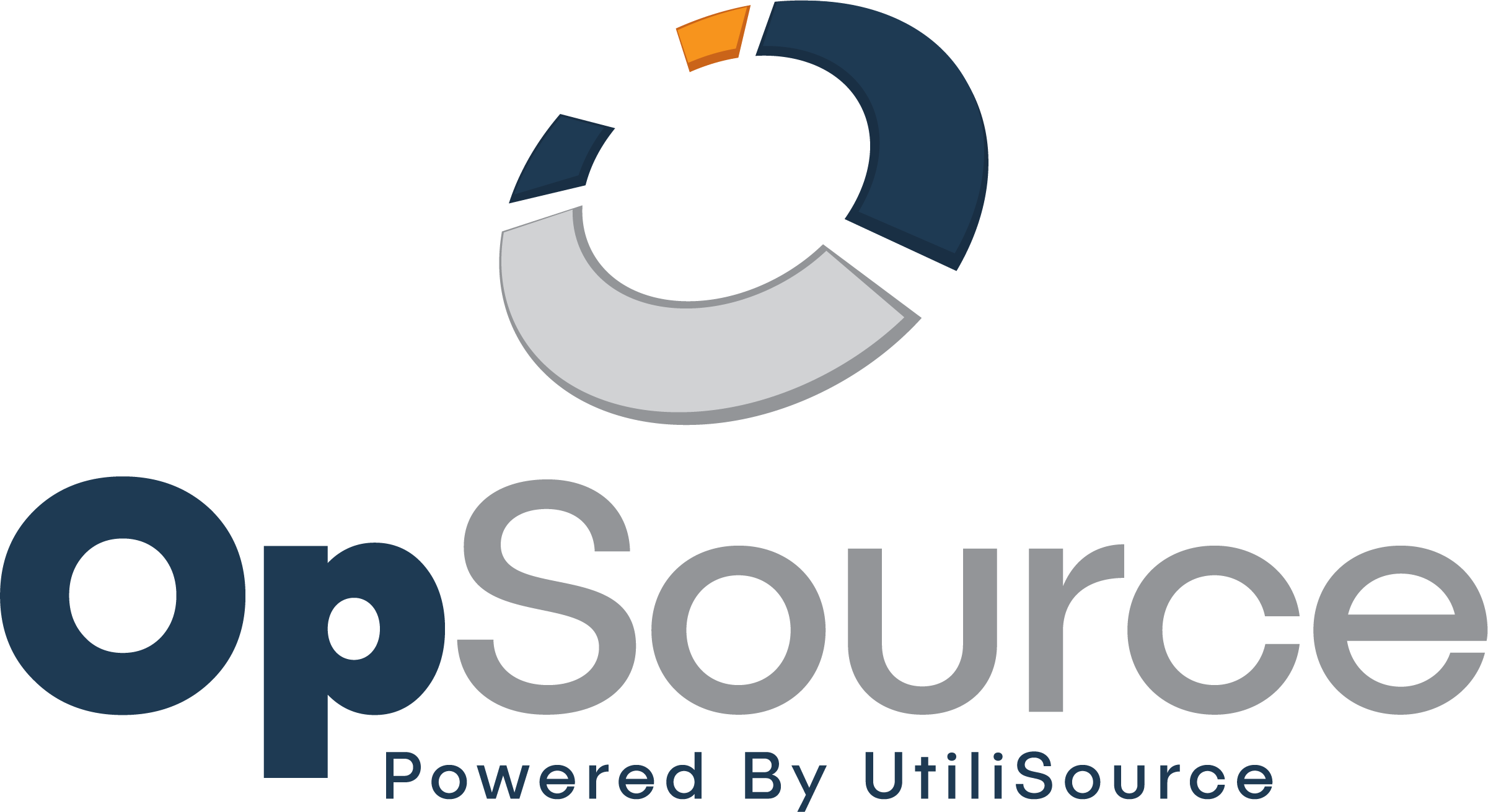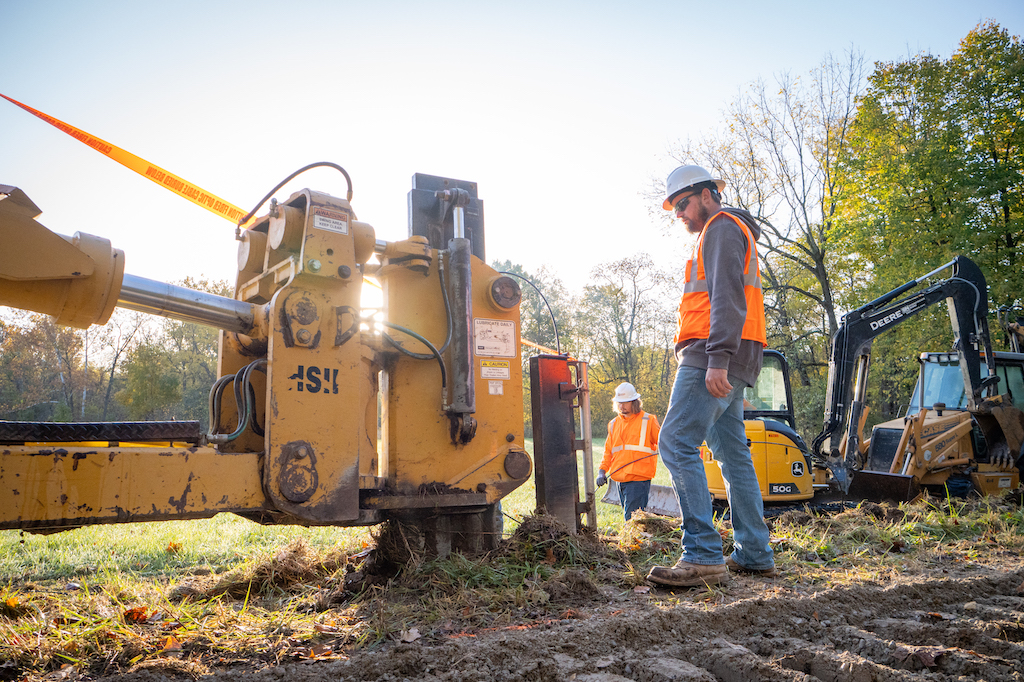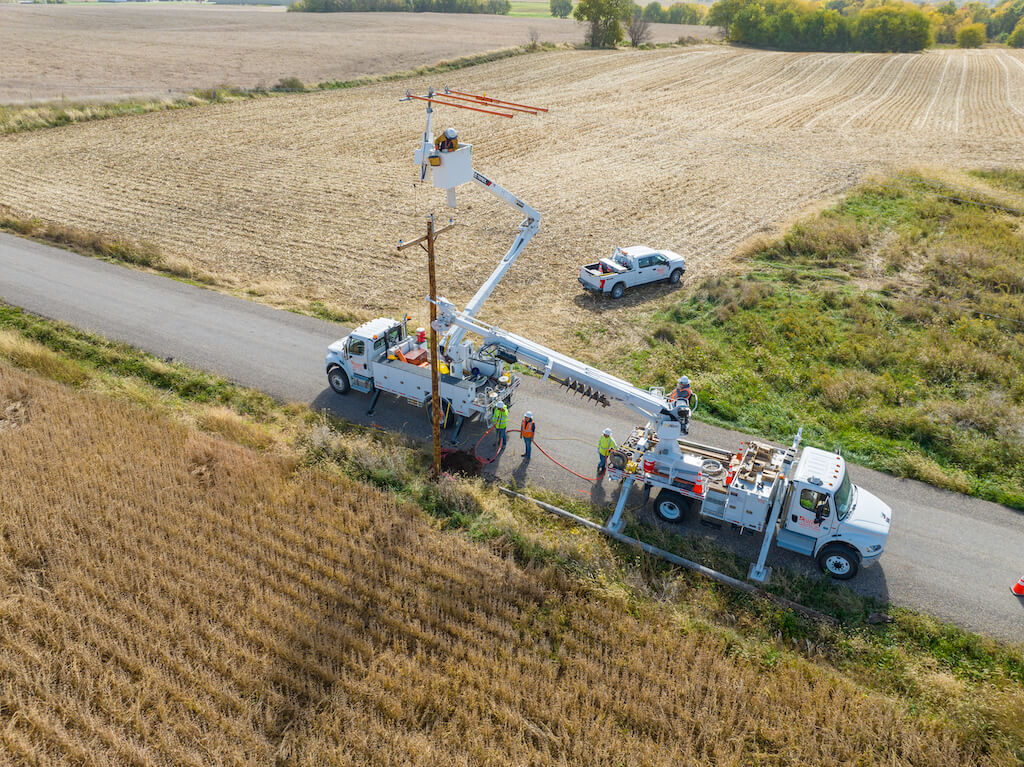In order to be successful in any project, there are few things you can do to make things go smoothly. Construction projects have many moving parts that need to be coordinated throughout each phase of the project. Each phase comes with its own set of challenges and complications.
Construction project management software has been built to solve some of these issues and make your projects run smoother. Project management tools for general contractors need to be dynamic enough to carry the weight of complex construction projects.
What is Construction Project Management?
In short, construction project management is simply the process of managing projects in the construction world. The major difference between project management in the construction industry is that all projects are mission based. This means that the organization of the project ends when the build is completed.
In addition, construction site management may interact with different disciplines throughout the project, including engineering, public works, engineering, and more. When managing project plans for construction, you must have a broader outlook beyond just what traditional project management features. You must look at a wider variety of constraints and challenges that a particular build may present, while still keeping track of resource management.
The Project Team
When looking at construction project management, there are a few key team members that play a huge role in the success of a project.
- Project Owner: This is the person/company that commissions the project. They will also provide the monetary support for said project, whether that be directly or indirectly. They will also oversee the project from a high-level and hold decision-making power over the entire project.
- Construction Project Manager: The project manager is the person that runs the project and ensures the project is on time and on budget. They manage the work orders, communicate with stakeholders, work with regulatory bodies, and lead the personnel on the project.
- General Contractor: This person is responsible for the day-to-day activities on site. They provide the materials, equipment, and labor needed in the execution phase of the build. They may also decide to hire subcontractors for specific tasks. The general contractor is commonly responsible for overall supervision on site, setting up safety protocols, applying for permits, monitoring daily reports, and communicating with the project owner and project manager.
- Estimator: The construction estimator must be someone that is well-versed in the construction world. They will provide an estimate on the cost of the project, including labor, materials, and more.
- Subcontractors: Subcontractors are often brought onto a project to do a specific job. These are separate construction firms that specialize in one area of construction, including electrical or plumbing for example. When working with subcontractors, it is important to have a punch list and task management procedures in place to ensure that all tasks are completed.
Managing Construction Projects Like a Pro
- Never Underestimate the Power of Planning
Our first tip is to never underestimate the power of planning. Planning is key to the success of any project. It is important to start with a solid basis of details that lay the groundwork for the project. Planning should include the scope, roles of team, and well-defined goals.
To plan a construction project, start with the 5 phases of project management. These include initiation, planning, launch, performance, and closure. Goals should be measurable and trackable. Deliverables should be well-defined and be on a set timeline.
Having a solid plan will help you be more successful in your projects. With a clear mission and defined goals, you can ensure the success of a project and evaluate for the future on how you can improve.
Part of the planning process should also include inspection workflows and quality control measures. You want to be able to catch any problems before your client does and implementing these procedures from the start will keep your project running smoothly.
- Track Your Resources
One of the most important things to do to manage projects well is to track your resources and to track everything consistently and often. Track tools, budgets, materials, and personnel easily with project management software.
- Collaborate and Communicate
Another huge part of ensuring a successful project is to foster a collaborative environment and communicate regularly. Listen to what your team has to say. Create a communication plan to keep communication open, honest, transparent, and consistent.
Many construction management tools have key features that include communication tools to help.
Have regular meetings with the team to keep everyone involved, on track, and up-to-date. Emails are also a great way to keep everyone in the know during the project.
- Incorporate Document/Data Management
Construction jobs create a lot of different documentation that must be tracked and managed properly. Having sound document management procedures is important to make sure documents are being updated and tracked. Having documents easily accessible will keep your stakeholders happy and can help you better respond to delays or other issues.
- Find the Right Team
Finding the right team to work on your project is important to the success of your project. You need to make sure your project is set up for success by finding the right talent and skills. Each member on the team should have a clear idea of project goals and expectations.
In addition, you need to make sure you select a project leader that will help create a positive work environment and as a mentor to other team members. The team leader could make or break a project, so be careful during the selection process and consider your options carefully.
- Anticipate Challenges and Roadblocks
During construction projects, things happen. When planning your project, anticipate delays, challenges, and other roadblocks so when they do come up, you’re prepared. Your plan should be flexible and adapt to changing project needs.
- Software for Construction Management: Digital Solutions You Didn’t Know You Needed
Our last tip for managing your construction projects is to implement software that is built for construction project management. This software should be cloud-based and integrate into your current processes easily. Using software gives everyone one place to check in on and keeps everyone in the know.
Automate your workflows and give everyone a clearer picture. Some construction management software, like our own, are even equipped with a mobile app so important project details can be accessed from anywhere.
For more information on how OpSource’s suite of software can help you, contact us today.



